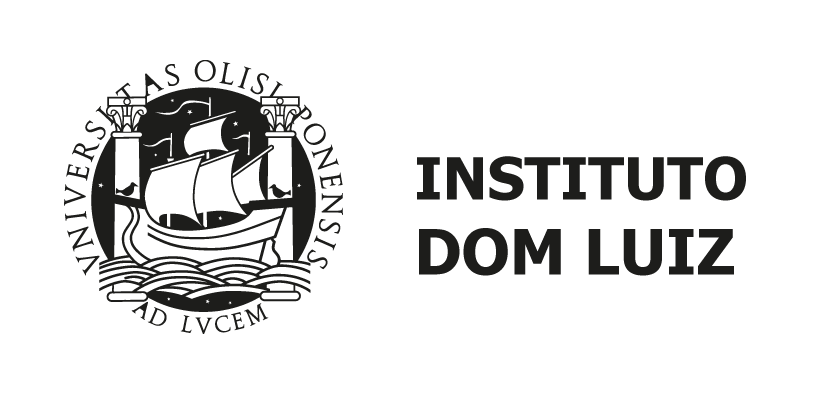Natural Radioactivity Laboratory
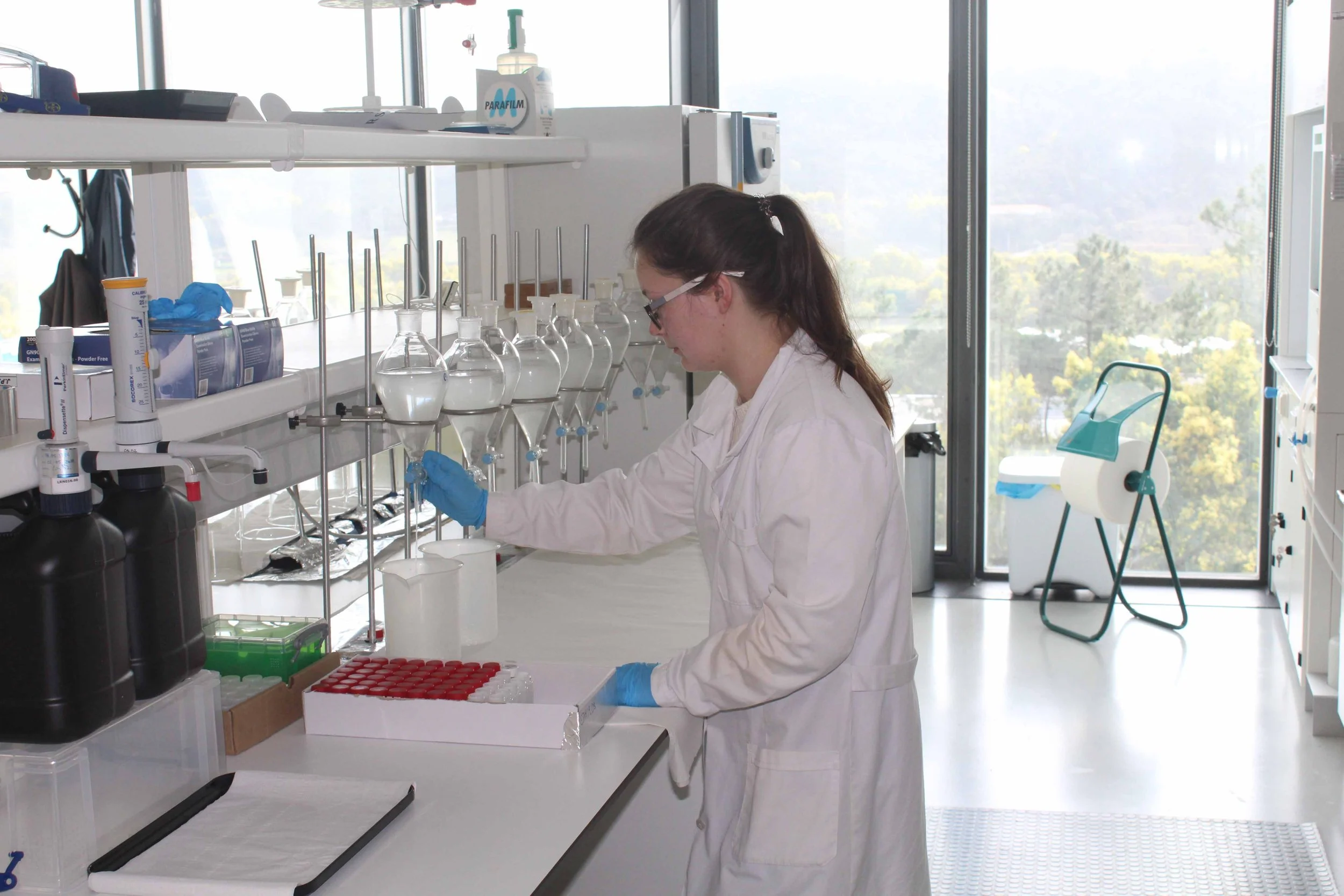
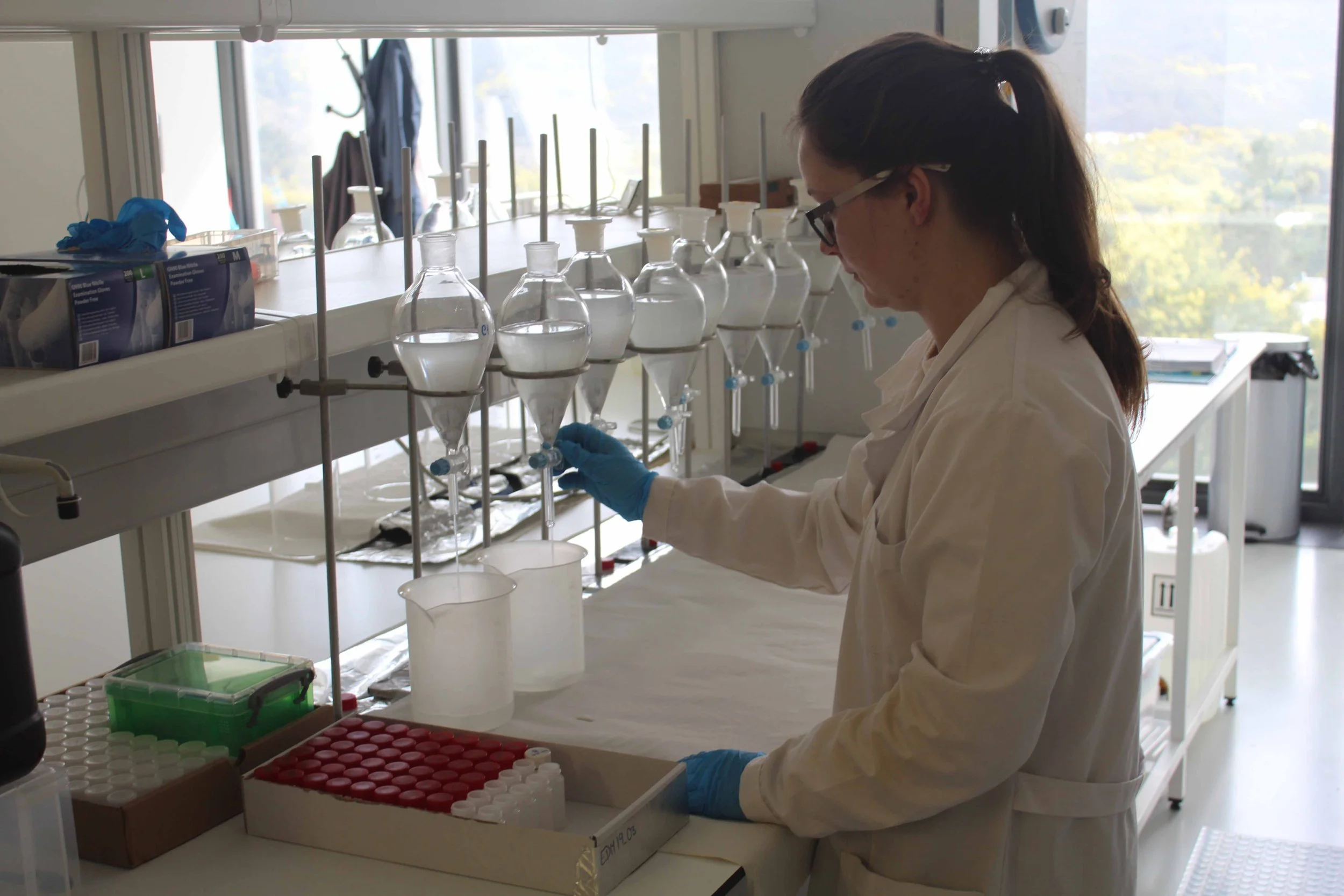





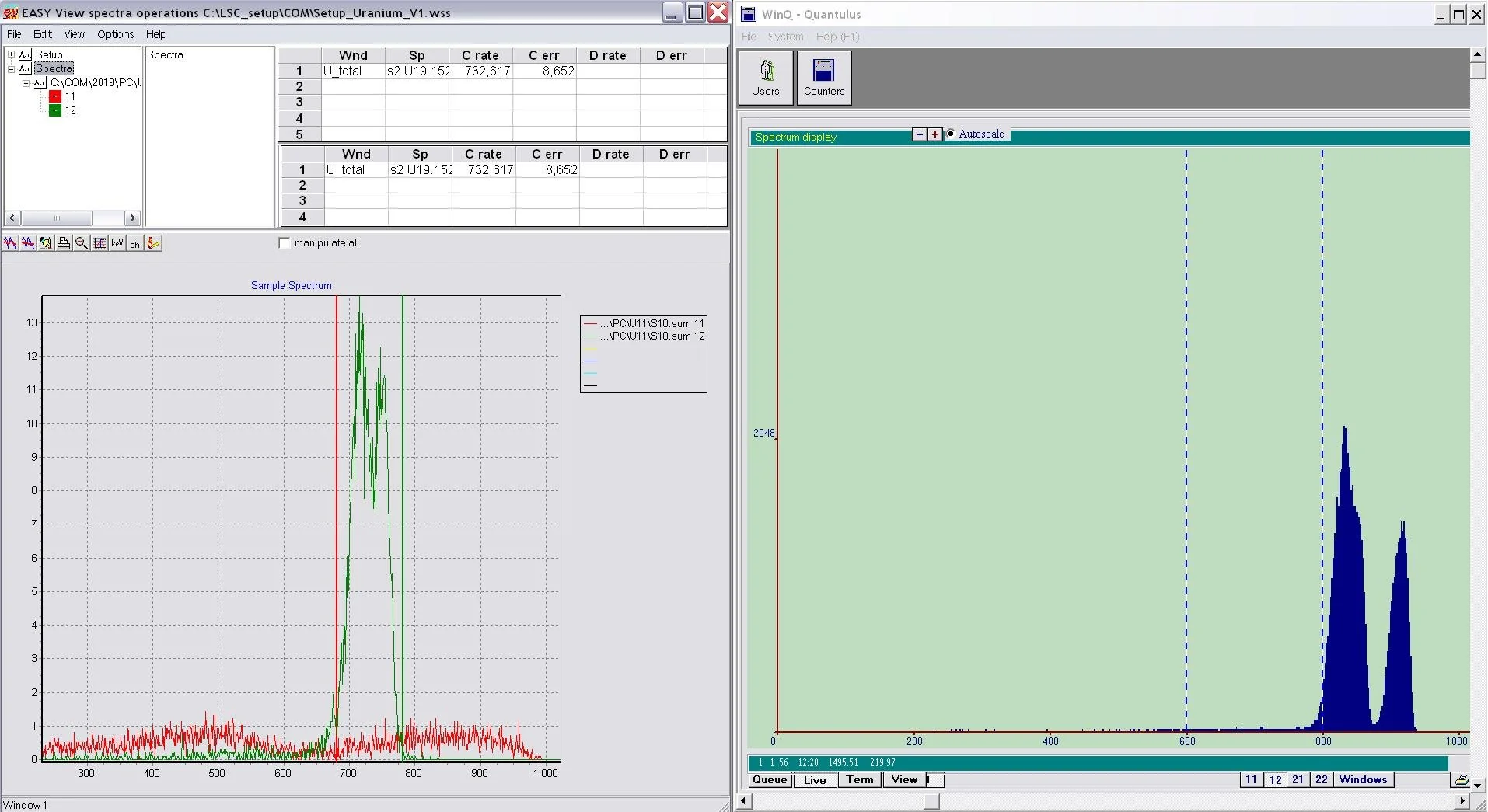
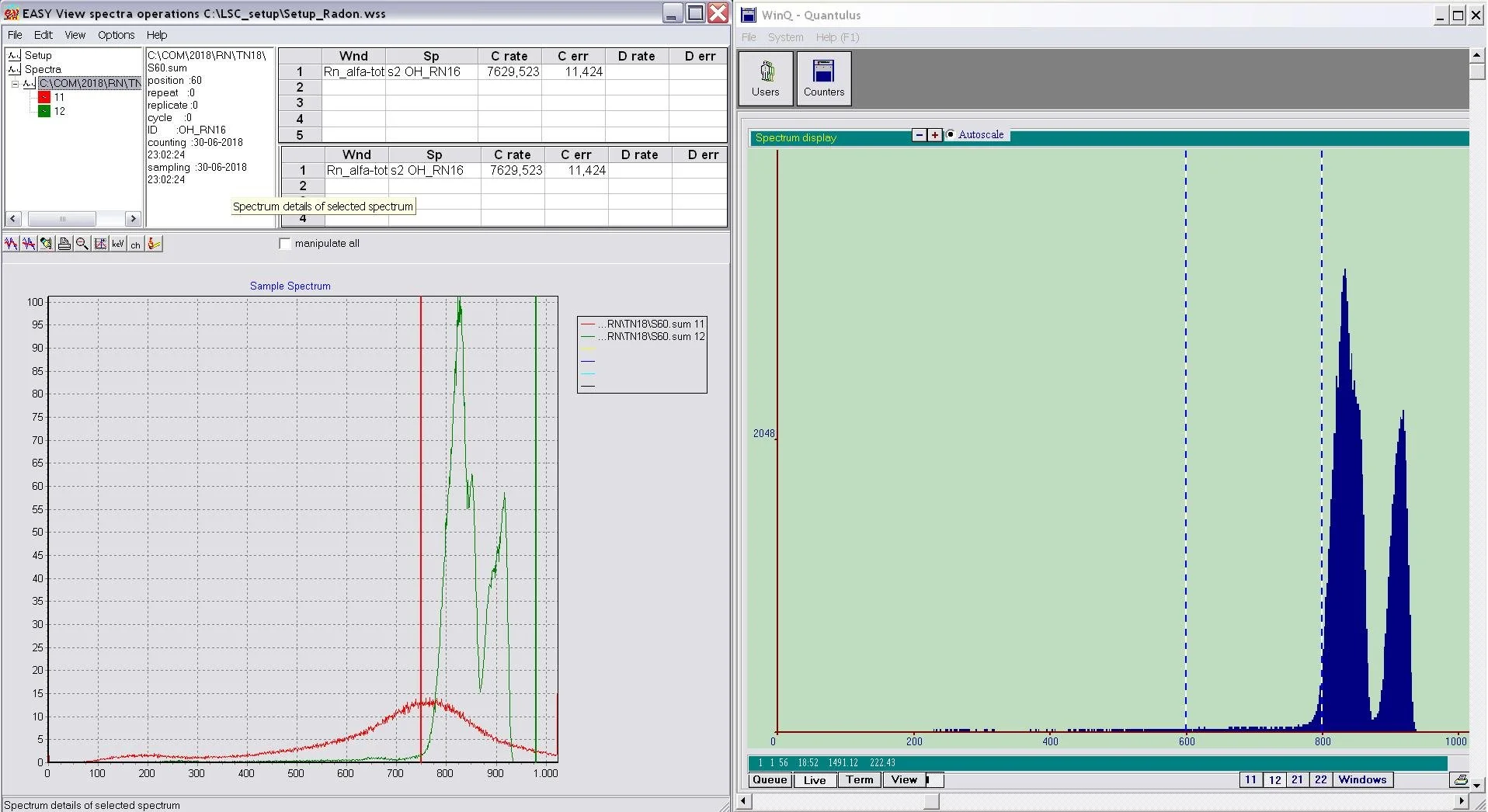


Overview
Measurement of natural radioisopes activities in rock, soils, water and air and evaluation of the transfer mechanisms between different environmental compartments. Risk analysis and prevention of the impact in the human health from the exposure to ionizing radiations.
Potential relevance for advance studies related with the radiometric dating of recent events and in the use of the radioisotopes as tracers of the geological, pedological or hydrogeological processes.
Further information can be found here
Equipment
Ultra-low level liquid scintilation spectrometers, Quantulus 1200 and Quantulus GCT... (3)
HPGe gamma-ray spectrometer
NaI gamma-ray spectometer
Field gamma-ray BGO gamma-ray spectrometer
Alpha spectrometer equipped with 4 detectors
System for measurement of radon in air on the basis of passive detetors (etching device, microscope and automatic image analysing system)
Active radon and thoron monitors in soil and air (6)
Active monitor for radon and thoron gas and their progeny in air
Sample preparation room for liquid samples
Vehicle to help in the field work
Main highlights:
The laboratory has been supporting different research studies at master's, doctoral and postdoctoral level to national and international students on various topics that involve the use of naturally radioactive isotopes. For this purpose, a few hundred samples of rocks were analysed from soils, water and air as well as construction materials collected in Portugal, Spain, Angola, Brazil, Paraguay and Nigeria.
Innovative techniques for risk analysis of the exposure of the population to radon gas have been developed and used to elaborate several susceptibility maps of the mainland territory and currently being elaborated also in the islands of Madeira, Porto Santo and the Azores. The potential of the use of radioactive isotopes in new applications in soils affected by forest fires and by deposition of particles in the surroundings of thermal power plants was also evaluated.
Being an accredited laboratory based on the ISO-17025 standard, it is qualified to provide services to society and within the scope of its available analytical skills and valences. Thus, and for reasons related to the transposition of a European directive into national legislation, a total of tens of thousands of analyses have been carried out for public-private institutions of the water sector and, more recently, on most public and private institutions for the control of radon exposure in the workplace.
In addition, the control of raw materials used as construction material and provided to the largest operators in the sector in Portugal. Support to regulatory entities in the water sector (Ersar) and environment (APA and Regional Directorate for the Environment and Climate Change – Madeira) in the implementation of the transposition of the Community Directive.
New research lines for the application of the high analytical capacity currently available in the laboratory, in particular in the radiometric dating of sediments associated with recent climatic events and in the use of isotopes as tracers of geological processes and also in geological prospecting.
Continuation of the application of analytical skills and previous experience in the application of existing legislation on the control of exposure to ionizing radiation. Possibility of application to the control of the bio fraction in materials obtained through the circular economy.
Contact Person
Address
Rua Sílvio Lima, Edifício Central, Polo II
Universidade de Coimbra, 3030-790 Coimbra
